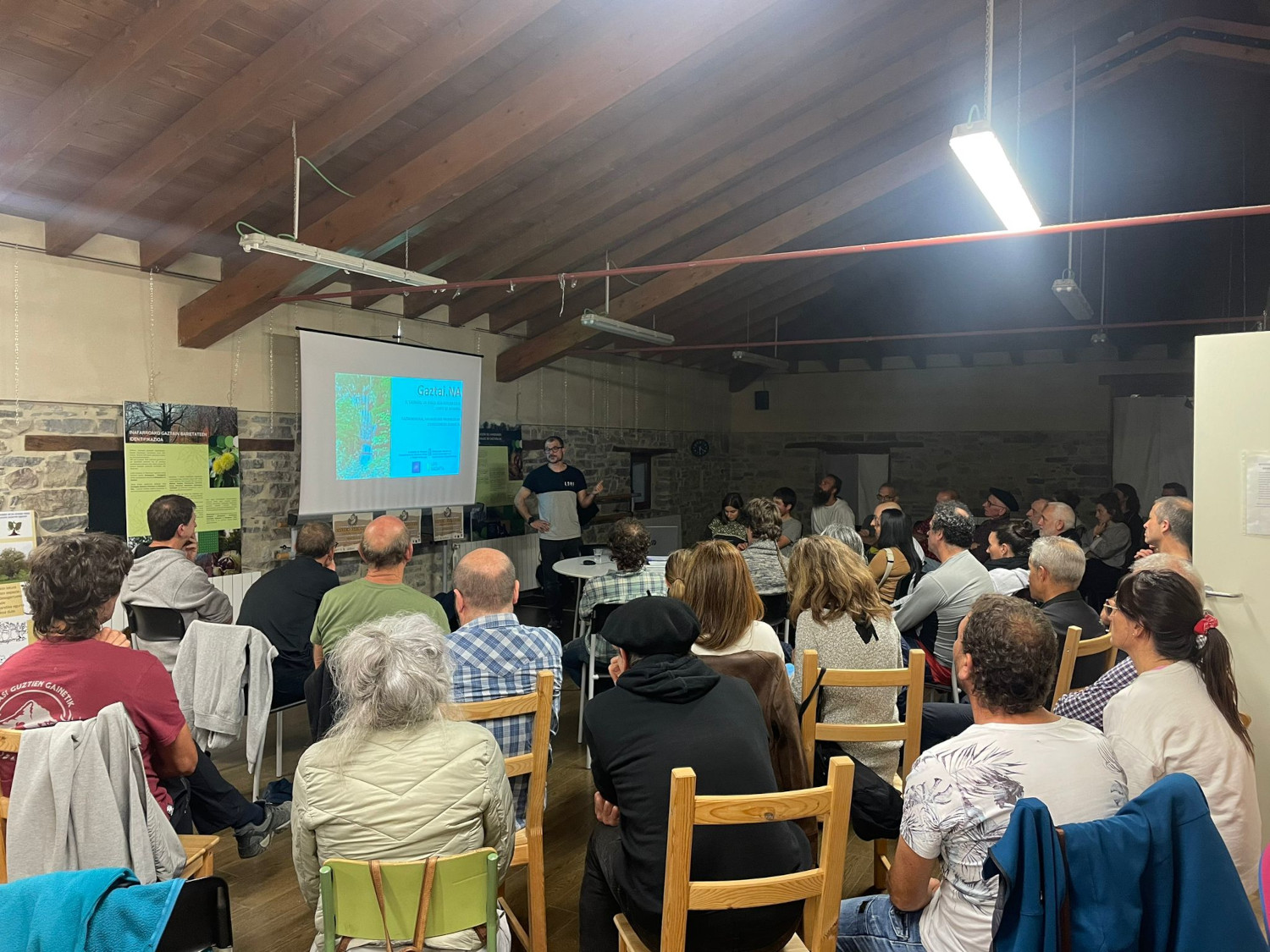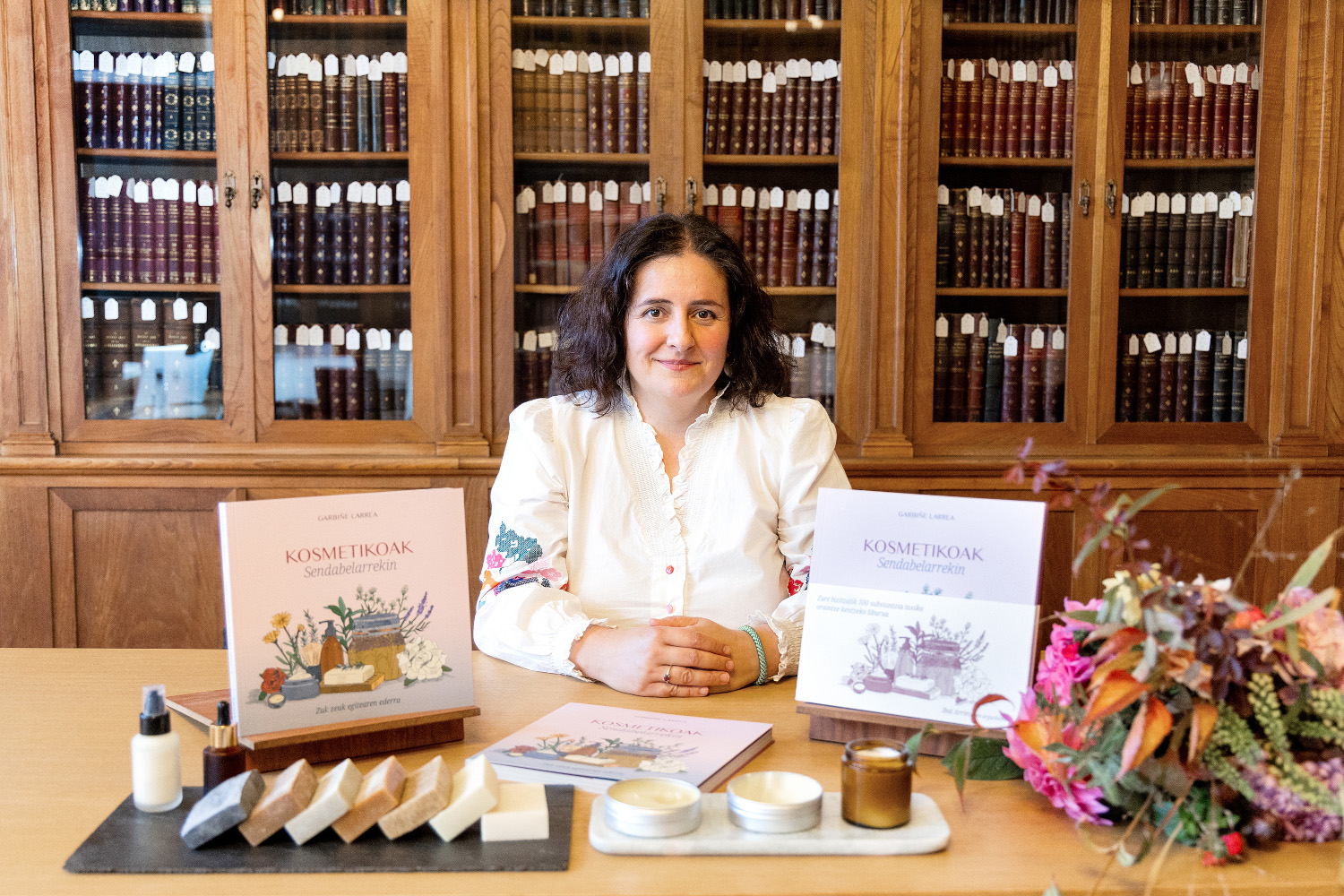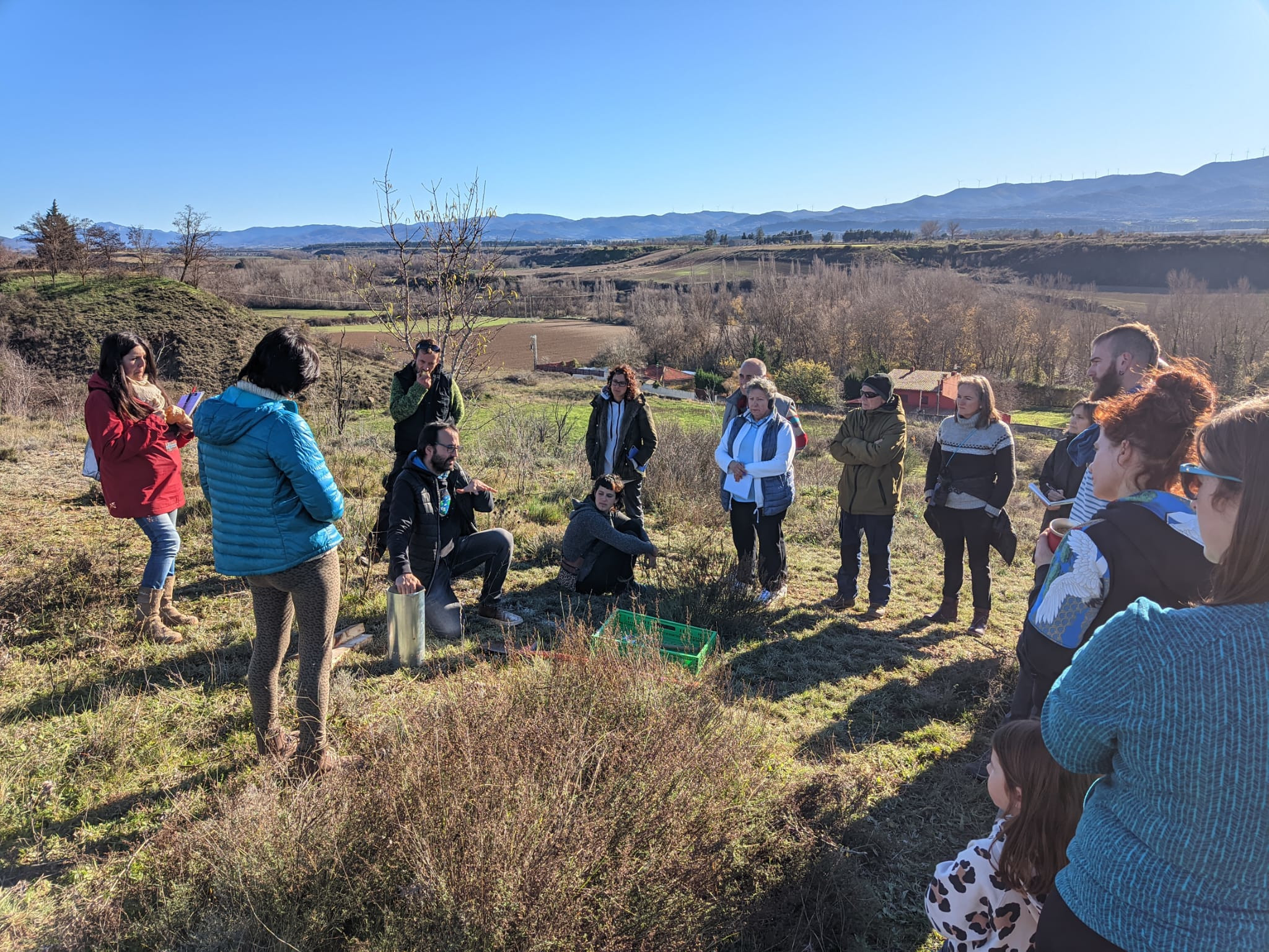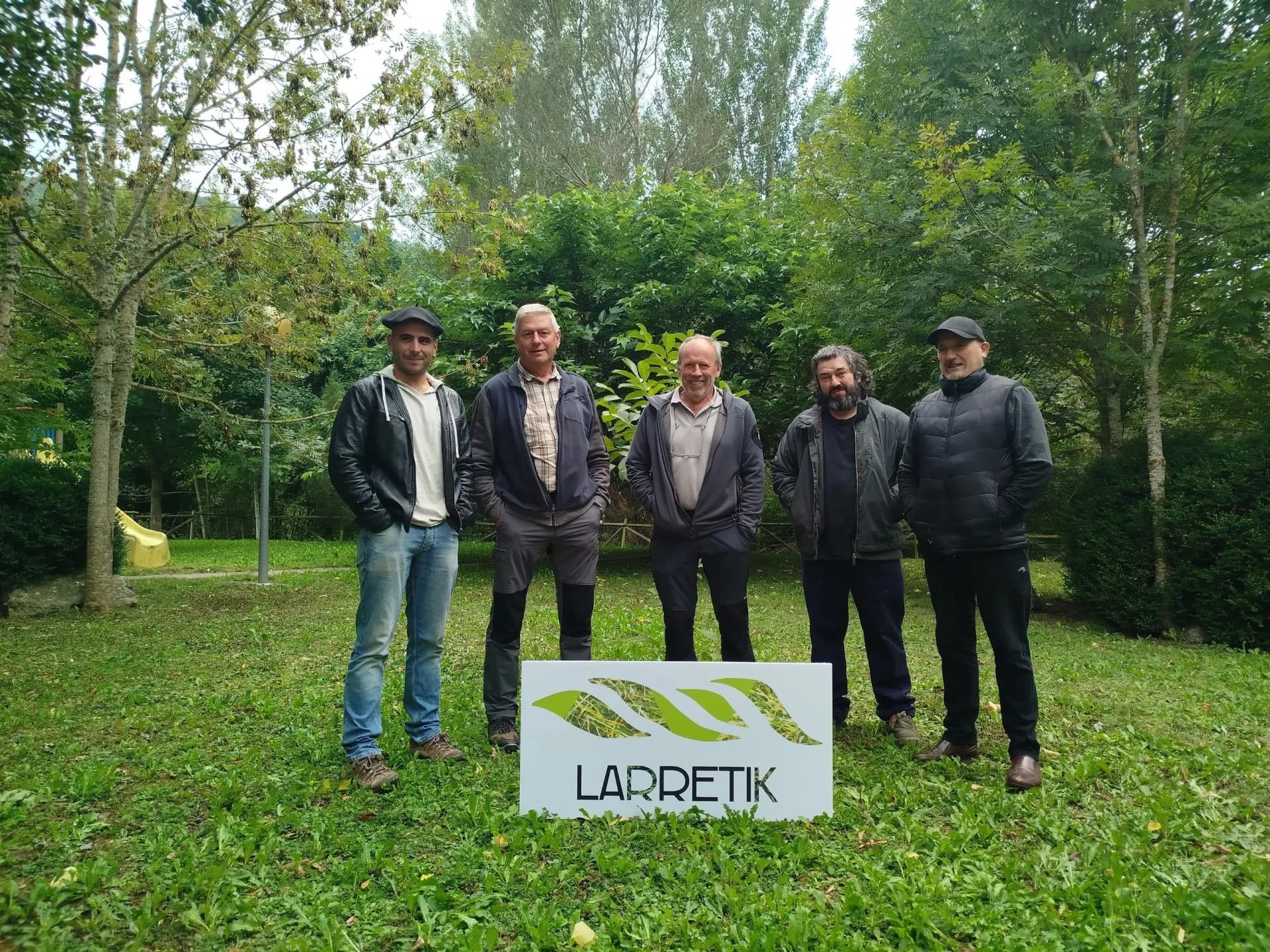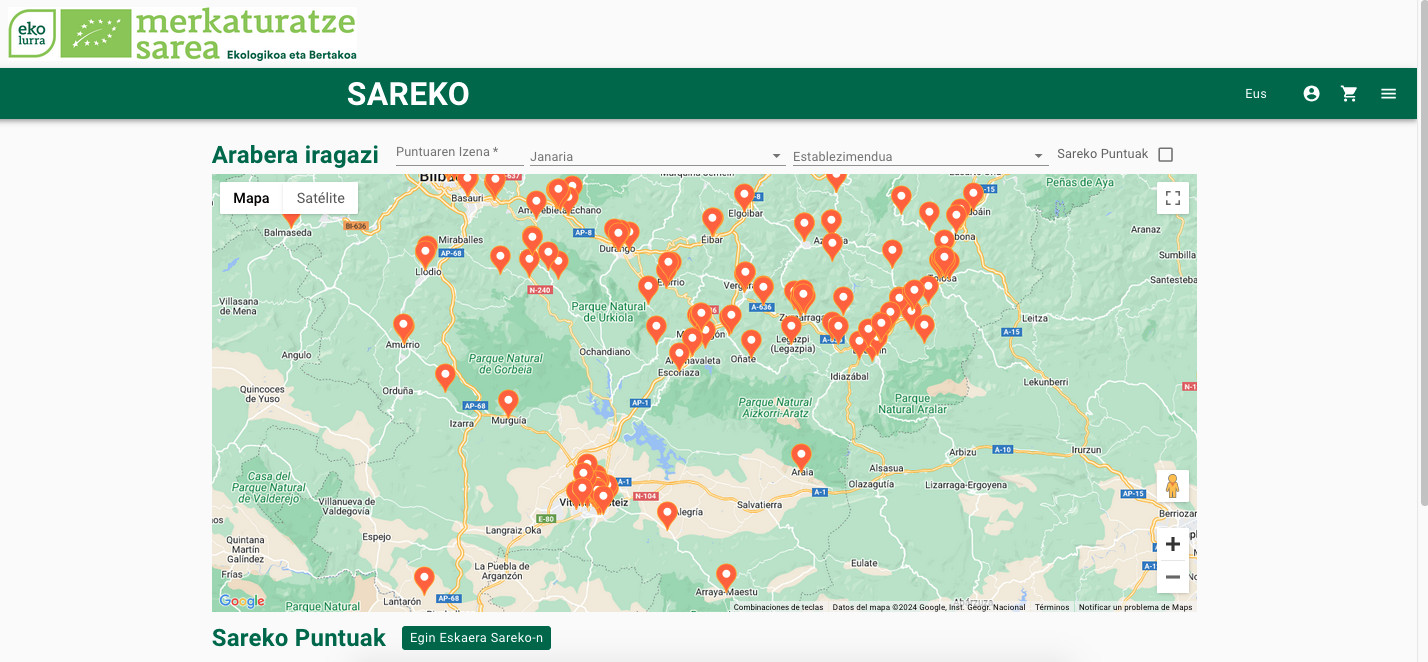Non-harvested food harvesting project
- “Asparagus collection is a habit that comes from a very old age and that at one time was practiced mainly on women and children from poor families.” These are the words of Elena Cerceda, coordinator of the Payret BURUXKA project in the Basque Country. But what exactly is the collection of espigones? What in Spanish is called pigment is picking up the vegetables and fruits that farmers have left unharvested when picking up the harvest. The "remnants" of the harvest would be the spigones or spigones, and taking as an example the projects that are underway in the Catalan countries and in other places to take advantage of them, in 2020 the Buruxka pilot project has been launched in the Yerri de Estella valley.

“Vegetables and fruits can be different reasons to stay uncollected: because they are difficult to catch, because they are ugly, because they are out of standard, because they have been left out of the market…”, explains the coordinator. In Navarra, it is curious that the aesthetic characteristics are as important in the rest of the vegetables as Tudela's "ugly tomato". As explained by the member of the project, in small and ecological productions the losses are much smaller, but in perishable and larger products the report concludes that they are around 25% or 30%.
To alleviate these losses, the Buruxka project organises auzolanes with volunteers, whose job is to collect the "surpluses" of the producers of Deierri and distribute them to the social entities for dissemination. In June, for example, they participated in a production of cherries from Lerín. “The collection of thorns is important for sensitization, as volunteers reflect on food loss and value the work of farmers,” explains Cerceda. In 2020, there were 76 volunteers who collected a total of 2,800 kilos of food: onion, grapes, bell pepper, almond, apple and borage.
Collaborative institutions, farmers and social organisations
The Buruxka project has been launched by the City of Yerri, the Public University of Navarra and the Navarro Institute of Food Technologies and Infrastructures INTIA. At the moment, seven producers in the region have joined the initiative and the food that has been distributed has reached over 400 families. “Social organizations that distribute food often have difficulty accessing fresh food, so our contribution is important to them,” says Cerceda. More than from the point of view of charity, they are working to ensure that the right of access to quality food is for everyone.
The pilot project will end in December, but the City Hall now wants to set up a social and solidarity economy company to continue to cope with food waste. “We are doing tests to transform perishable foods and extend their lives, in collaboration with the UPNA,” Cerceda said. The idea is to start making jams and creams with grapes, tomatoes, carrots and drapes.








